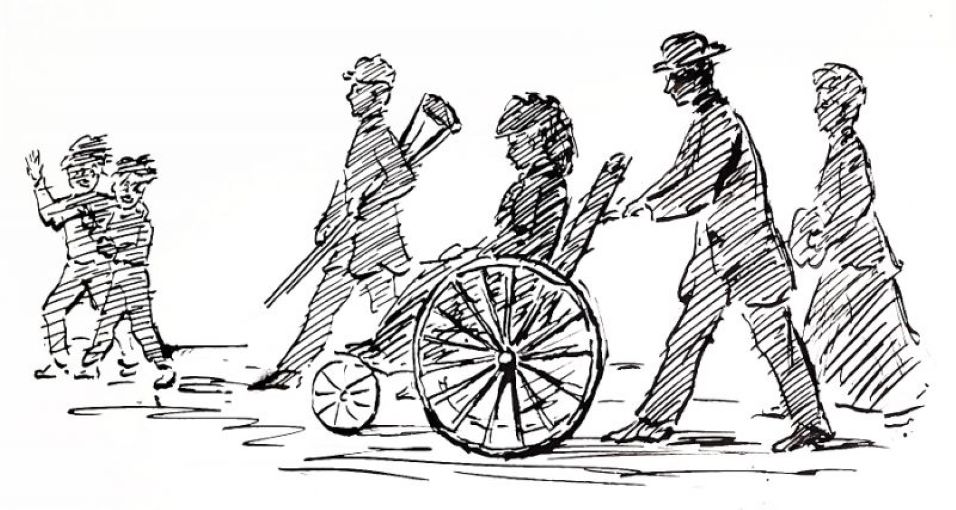Disability & the American Past: Intro to Disability Justice

MHS Event
Ellice Patterson, Abilities Dance
Jorge Matos Valldejuli, Hostos Community College at the City University of New York
Britney Wilson, New York Law School
Moderated by Jessica Cowing, The College of Wooster
Note on accessibility: All online programs in this series are in English and have ASL interpreters and live captioning. If you have questions about accessibility, please contact programs@masshist.org.
In reaction to a disability movement that treated disability as a single-issue concern, in 2005, activists Patty Berne, Mia Mingus, and Stacey Milbern conceived of the term and framework of “disability justice.” The movement wanted to focus on the way that systems are interconnected and include disability issues that intersected with historically excluded groups, such as women, people of color, immigrants, and people who identify as LGBTQ+. Ellice Patterson, Founder of Abilities Dance, Jorge Matos Valldejuli, Professor and Reference Librarian at Hostos Community College, and Britney Wilson, Director of the Civil Rights and Disability Justice Clinic at New York Law School, are all engaged in disability justice work from the arts to the courtroom. Panelists will reflect on the history of disability justice as a concept, disability rights vs. disability justice, how the framework has informed their work, and how disability justice has grown and manifests today.
Online event.
